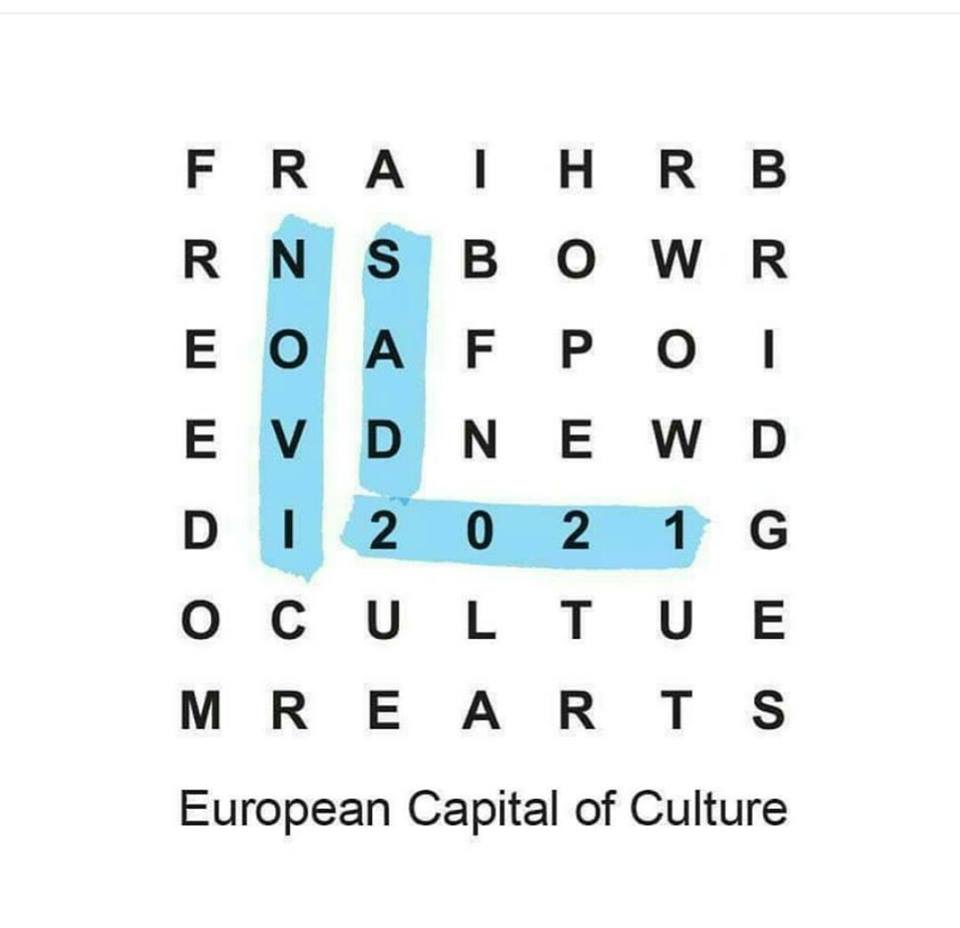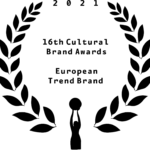At the press conference, held on 15 September 2017 in Novi Sad Theatre/Újvidéki Színház, the audience could see the concept of the new festival called Synergy #wtf, which is part of the ‘PLUS’ project, in organisation of the ‘Novi Sad 2021 – European Capital of Culture’ Foundation. After the announcement about the theatre season by Robert Lenard, the Artistic Director, the audience and media representatives were addressed by Valentin Vencel, director of Újvidéki Színház, and Nemanja Milenković, CEO of the Foundation.
Mr Valentin Vencel explained that the festival is envisaged so that it would gather professional theatre artists who create in languages of national minorities in regions where they live and work. The Festival programme is very rich, and the theatre will get a chance to host Russian Drama Theatre from Astana (Kazakhstan), Serbian Theatre in Budapest (Hungary), Turkish Theatre from Skopje (FYR Macedonia), ‘Miklós Tompa’ Ensemble from Târgu Mureș (Romania), ‘Danica’ Ensemle from Salzburg (Austria). Zero day of the Festival is reserved for a play by the hosts: ‘A Tomb for Boris Davidovich’ by Danilo Kiš, while the Jewish State Theatre from Bucharest will perform on the first day. Mr Vencel stressed that Jewish theatre has received many awards from Spain to Paris and China at many festivals: ‘tradition and project that it brings to Novi Sad will show why and how it influenced the entire area of Central and Eastern Europe’. The Jewish State Theatre from Bucharest was also focus of the famous The New Your Times, which stressed the struggle to preserve Jewish culture since 1870.This theatre is one of the rare remains of what was once a large Jewish community in Romania, and one of rare professional Jewish theatres that remain in Europe. Maia Morgenstern, the former manager of this theatre and a famous Romanian actress that achieved global fame (famous for her role of Maria, mother of Jesus Christ in ‘The Passion of the Christ’ by Mel Gibson) will be a special guest of the international symposium entitled ‘Role and Importance of Language in the Process of Individual and Collective Self-Identification’ that will be held on 4 October in the Matica Srpska.
Nemanja Milenković, CEO of the Foundation, stressed that this is the first project from the bid-book that the Foundation implements with one of the cultural institutions, and it is especially important that several ideas will be realised through inter-sector cooperation. Mr Milenković explained the model of programme selection in the ‘Novi Sad 2021’ Foundation by comparing it with material for making clothes, which is being made according to the European fashion, but it is specific and belongs only to us. This is the way in which the ‘Plus’ platform was made, which is important not only for national communities, but also for other segments it connects: ‘In this way we begin with raising capacities of the future platform that will hopefully become a legacy of the city of Novi Sad, and a brand that will be sustainable even after 2021. Therefore, within the ‘Plus’ platform of the ‘Novi Sad 2021’ Foundation, in addition to the rich programme of the Synergy #wtf Festival where people who will discuss issues and development of minority theatres in the future will be included, in the following period we will also hold the first European conference on minority media that will present minority media that work in the European space. This conference will also have an educational character that will focus on journalists from minority editorials in order to raise their capacities and capacities of ECoCs’, concluded Mr Milenković. The symposium will also discuss mutual effects of minority language communities and domicile environment, how they shape each other, change each other and direct each other in the current moment, in the context of complex historical, political and cultural heritage.
The ‘Novi Sad 2021’ Foundation can boast with the fact that it organised and implemented more than 65 programmes from the beginning of 2017.



